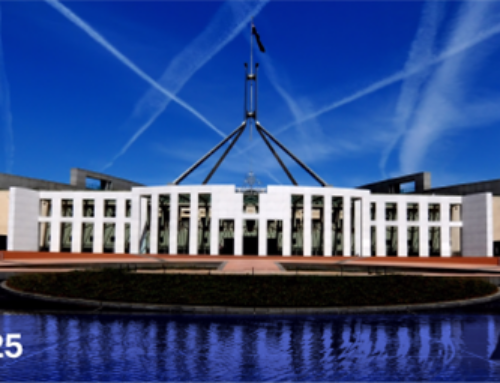Commentary
“Mixed is perhaps the best way to describe the 2012 investment year. The world’s major economies and economic blocs all had their issues to deal with. Some overcame these issues well while others struggled.
With the 2012 U.S. Presidential election victory behind him, Barack Obama will go into 2013 with a major focus on addressing pressing internal policy issues. The U.S housing industry recovered strongly towards the end of 2012 (housing starts up 42% in the year to October, 2012 and confidence surveys of home builders were at six-year highs) while unemployment fell to 7.8% – down from 10.1% at the height of the GFC. U.S. GDP growth estimates were also recently revised up to 3.1% in Q3 2012 from the previous estimate of 2.7%. The S&P500 had the U.S. sharemarket up 16.0% in the year to December, 2012. However, the “fiscal cliff” and continuing high levels of government debt will be major issues in 2013 as the U.S. economy seeks to maintain its trend of recovery.
Economic data indicates a continuing mild recession in the Eurozone with real GDP contracting 0.1% in the September 2012 quarter, which followed a contraction of 0.2% in the previous June quarter. Unemployment across the region currently sits at 11.8%. Weaker economies in the zone such as Spain and Greece (both with 26% unemployment) are in contrast to the stronger economies of countries like Germany and France who have been far more economically resilient. Sovereign debt issues, confidence in the banking system and the management of austerity measures will be continuing themes in Europe. Economic activity across the Eurozone is expected to remain weak in 2013.
Recent data suggests that slowing Chinese growth has bottomed and that there is likely to be a mild pick up in 2013. The HSBC PMI index was well up in December 2012, expanding at its fastest pace in nineteen months.
Emerging economies such as India and Brazil have been growing at less than expected rates (India at 5% and Brazil at 1% over 2012) and have not contributed to global economic activity in the way it was thought they would in 2012.
Political instability in the Middle East and North Africa during the year looks like it will continue into 2013, which will not help to improve investor confidence in these regions.
Inconsistency looks likely to continue across industries in Australia with the unemployment rate currently standing at 5.4% in seasonally adjusted terms. Downward pressure is expected on the cash rate (currently 3%) amid concerns for lower GDP growth and higher unemployment in 2013. Lower interest rates should assist those with mortgages while businesses will also benefit from lower borrowing costs. Australia will also hold a Federal election in 2013 with the potential for a change in government which will likely lead to new policies impacting businesses and local investment markets.
The high Australian dollar (which has been above parity with the U.S. dollar since mid-2012 and currently US$1.05) continues to provide challenges for those businesses in sectors such domestic tourism, manufacturing and exports. The good news is that it looks like inflation will remain under control (i.e. within the Reserve bank of Australia’s 2-3% band). Inflation is currently sitting at 2.0% (Sept, 2012).
Key valuation indicators such as price-earnings ratios point to a stock market (both here and in many markets overseas) that is quite cheap at the moment, potentially giving good buying opportunities for well researched, active fund managers and well advised investors.
Looking forward, Harvest believes that the process of unwinding the global credit excesses of many decades will take a long time and require significant political will. Lower interest rates and falling bond yields, along with many positive company valuations, will require investors, particularly those with a high focus on defensive assets, to consider how they might best re-enter the equities and property markets.
Investors will need good information and advice in order to successfully navigate their way through 2013.
If you’d like to discuss your super and/or investment portfolio with us, we can give you options to consider that will help you better meet your objectives. Simply call us on (02) 8908 4300.






Leave A Comment
You must be logged in to post a comment.